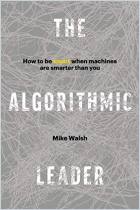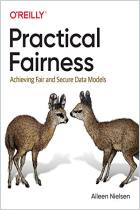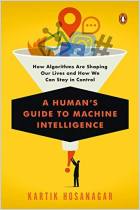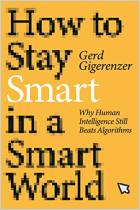
Read or listen offline
Amazon KindleRecommendation
Algorithms decide what ads people see online and whether consumers get loans. These computer-executed recipes acquire more and more power over humans’ lives. Do they wield it fairly? Can humans design algorithms to behave ethically? The message of Michael Kearns and Aaron Roth, computer scientists at the University of Pennsylvania, is yes – sometimes. Kearns and Roth explain when humans can expect algorithms to behave ethically, and in what cases computer science still struggles to accomplish this. They detail the conundrums and solutions in accessible language, even if it can be hard to follow along. This book will give you a good sense of when you can expect algorithms to behave ethically, and in what cases computer science still has its work cut out.
Summary
About the Authors
Michael Kearns, PhD, is a professor of computer and information science at the University of Pennsylvania. He has worked in machine learning and artificial intelligence research at AT&T Bell Labs. Aaron Roth, PhD, is an associate professor of computer and information science at the University of Pennsylvania.



















Comment on this summary or Diskussion beginnen